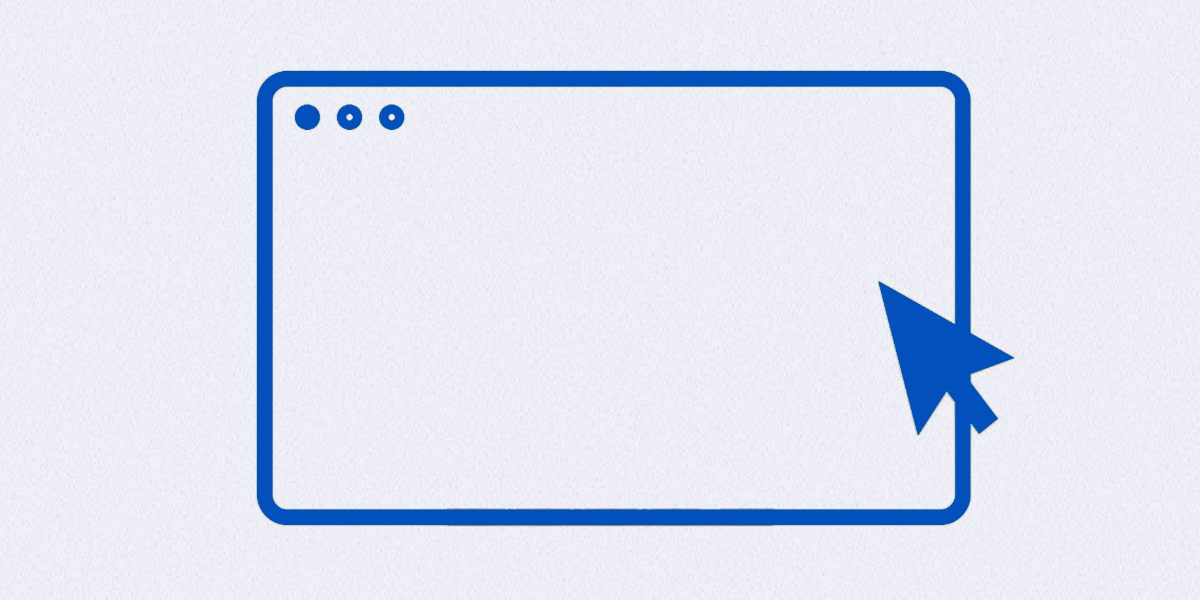Navigating a job search is challenging, especially in a niche field such as investigative due diligence. Adding in emotions including shock and anxiety can make a job search feel insurmountable. Having recently concluded a search for a new diligence role following an unexpected layoff, I would like to pay forward all of the support provided to me and share several insights with the investigative community.
• Utilize your extended network: When my mother-in-law provided me with a list of friends and relatives to contact, I was perplexed since none of the individuals worked in investigative due diligence and most had never heard of the field. However, you never know the power of a stranger’s network; an email to a distant relative led to an introduction through a connection of a connection which led to a series of industry interviews culminating in an offer.
• Reach out to your former colleagues: There is no time like job search time to add former colleagues and professional contacts to your network. Following up on a conversation I made while checking into a conference several years ago resulted in a new friendship and intro to a hiring manager. Give your spouse/partner a heads up so they are not alarmed when you disappear to take off-hour calls.
• Read industry articles: If a piece piques your interest, reach out to the author. One advantage to working in a fairly small industry is the increased chance of connecting with thought leaders. Notably, most individuals authoring articles are well established in the field and have extensive professional networks. Reaching out to authors expanded my professional network and broadened my search horizons by exposing me to new firms and diligence adjacent roles.
• Turn to the professionals: Diligence focused job placement agencies exist and can be a great foot-in-the-door, especially for early career investigators who may have a limited professional network.
• Get certified: An industry specific certification such as CFE or CAMS stands out on a resume. Additionally, membership communities are helpful for networking, mentorship, and job postings.
• Stay confident: No one knows your capabilities better than you. Critically evaluate all offers with the goal of continuing your professional growth. Confer with colleagues and mentors in the field to ensure you are making a strategic move, rather than one of convenience.
• Follow-up: While your job searches can be all consuming, remember that most of your network is busy balancing their professional and personal lives. Accordingly, a well timed follow-up can be helpful. Most importantly, make sure to update everyone who aided your search after you have accepted a new role.
My search concluded when I accepted an innovative role with Vcheck Global, a position that did not even exist when I kicked-off my job search. It is very exciting to be part of a rapidly growing industry leader, in a role which leverages my prior diligence and industry-adjacent experience. I encourage anyone looking for their next diligence role to check out Vcheck Global’s openings and to message myself and my talented colleagues on LinkedIn. Good luck!
Seth Harlan is Senior Associate, Market & Regulatory Affairs at Vcheck Intelligence.

